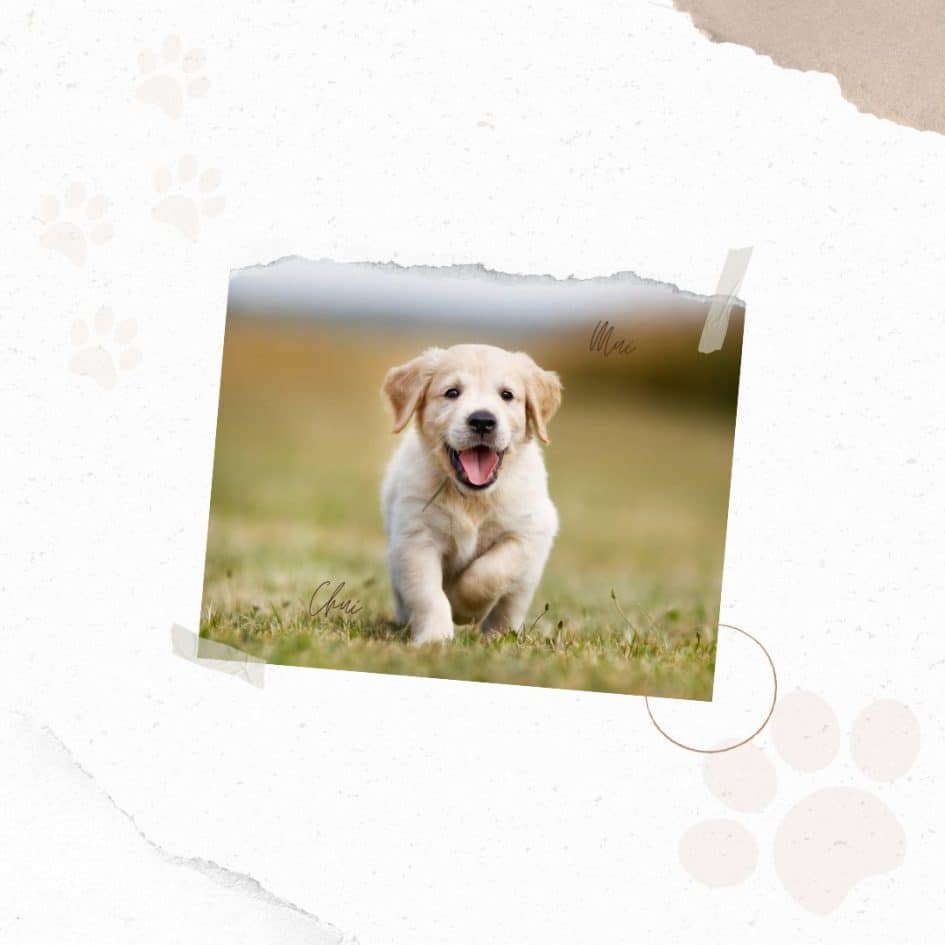

What You Need to Know About Puppy Fights
Puppies, especially litter mates, wrestle with each other a lot. But when does play actually become a fight? Find out here!
Puppies, especially litter mates, wrestle with each other a lot. They pin each other down with their paws, wrestle over toys, and sometimes bite each other. But when does play actually become a fight? When should you intervene? Answering these questions can be difficult if you have a particular puppy in mind.
Why Do Puppies Fight?
Puppies learn to behave socially by playing with other puppies before being weaned from their mother. They can use the time they play together to understand dog language and other nonverbal cues. Puppies can benefit from healthy play before they are fully weaned, giving them a good foundation for life in a dog pack.
How to Tell Between Play and True Fight
The best way to recognize puppy play is to observe the body language. If a puppy is engaged in playful behavior, you will see a lot of energy, a bounding and bouncy pace, exaggerated gestures, and a big, silly, open-mouthed expression. You may see a classic play bow and even hear loud and continuous growling.
Puppies playing will not win or lose; instead, there will be constant role reversals where one puppy becomes the chaser and another the chasee. When the healthy play ends, the puppies will usually take advantage of a break from play with a drink of water.
Puppies fighting will exhibit markedly different behavioral cues with stiffer body language. A fight usually begins when there is an element of frustration introduced into the playtime, such as hunger or thirst, or fatigue.
One puppy may dominate the other, perhaps biting at the ears or nipping at the hindquarters and inflicting small wounds. The ears will flatten back, and the lips may pull back to reveal teeth in a snarl or growl just below the surface.
How to Stop Puppies from Fighting
If your puppy consistently loses fights with other dogs in the house, you may need to create more physical and mental stimulation for your dog. You can start working on obedience training and tricks as early as seven to eight weeks old.
Still, it is important to enroll your dog in classes as soon as possible to help prevent behavioral issues and help you understand your dog’s body language. Understanding dog behavior can also help you better understand what actions are normal and which are a cause for concern.
When finding a dog trainer, one thing to look out for is guaranteed results or behavioral changes. Dogs, just like people, are all individuals, and their behavior and personalities are as fluid as our own.
No matter how successful the trainer is at training one dog with a particular problem, having success with one dog does not mean that the same trainer will be able to train other dogs similarly. If it sounds too good to be true, it usually is.
You can give your puppy an appropriate outlet for his urges by giving him an outlet for pent-up energy. You can do this by playing with him with toys such as balls or stuffed toys and giving him additional exercise. Many puppy fights occur when a puppy is overstimulated and over-aroused.
Conclusion
Puppies playing, but winning or losing, will typically break off play when they are tired or need a drink of water. Puppies that are fighting, on the other hand, are less likely to give up and will continue to fight even once they are exhausted. Understanding the difference can help you prevent fights and prevent your puppy from developing a bad reputation around the neighborhood.
Train your pet dogs with The Pets People, your go-to website for practical information, suggestions, and advice for taking care of your pets. You can browse topics on adoption, training, understanding pet behavior, product reviews, and anything related to pet health care.
Our writers, advisers, and independent consultants from the pet sector provide informative and valuable insights for all your pet care needs!
Discover how to create a joyful, healthy home for your pet.
Subscribe to your weekly rundown of practice, real life ideas and training tips straight to your inbox.


